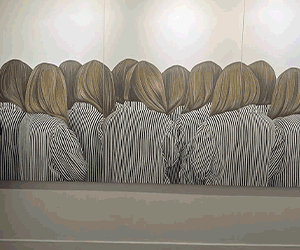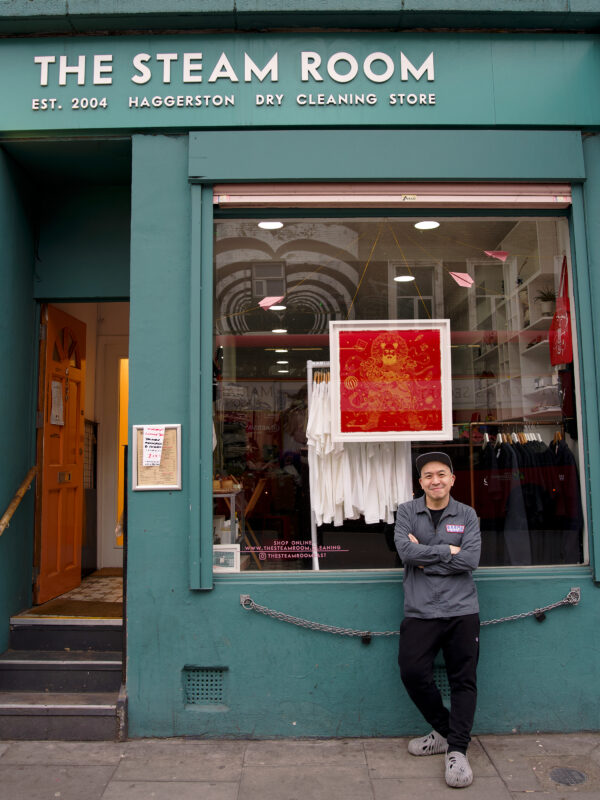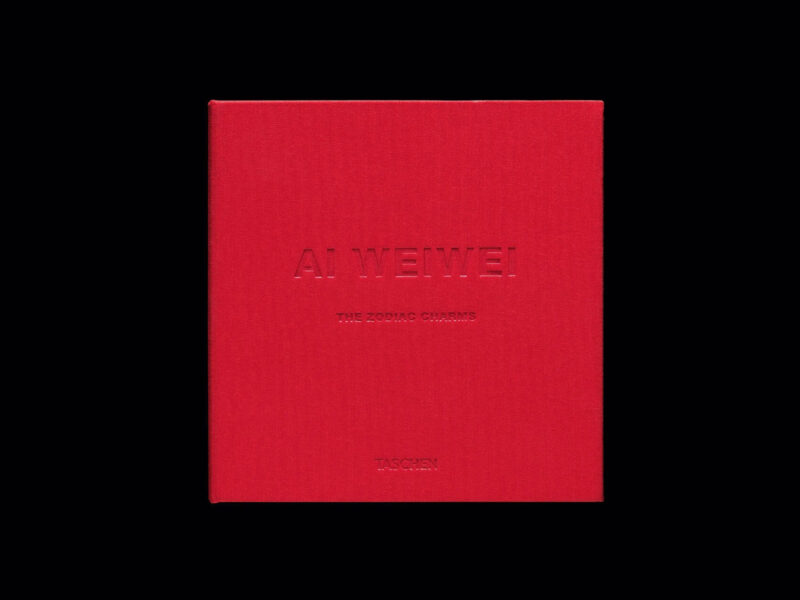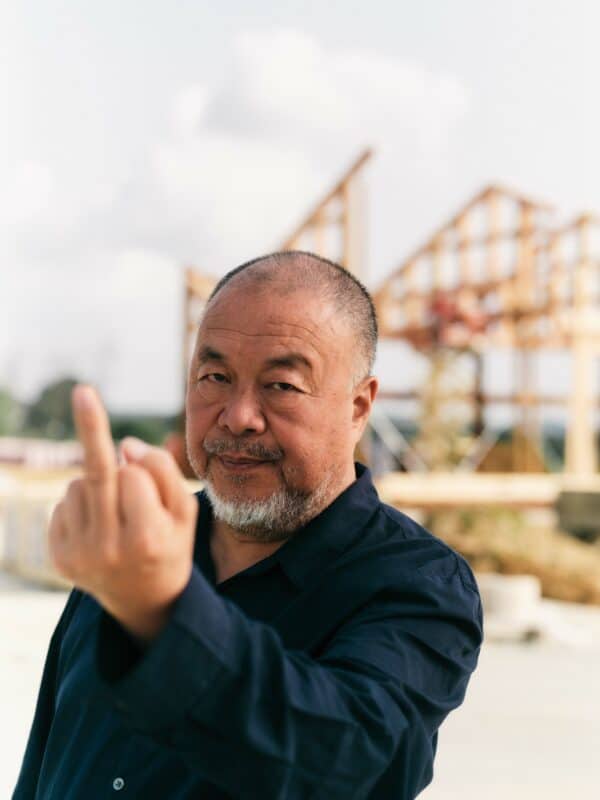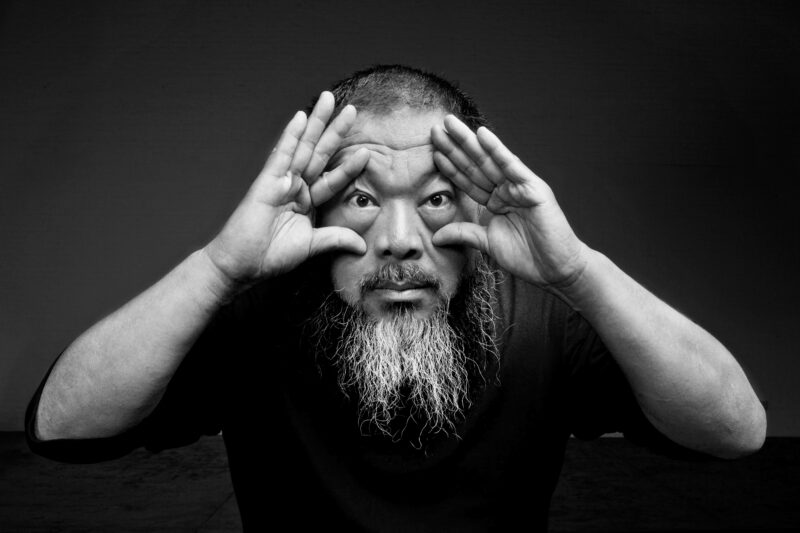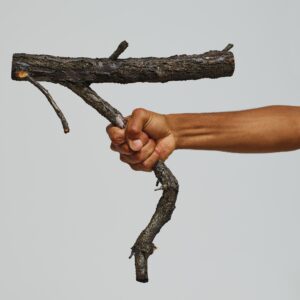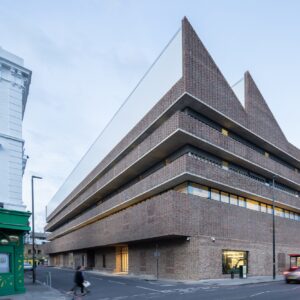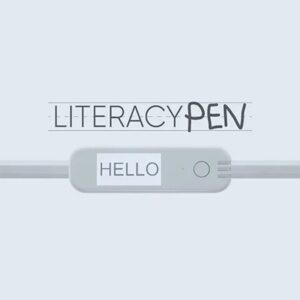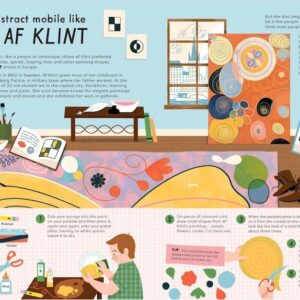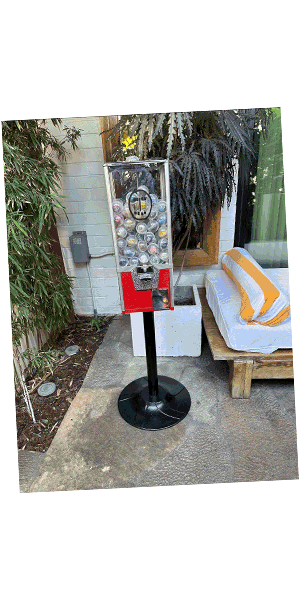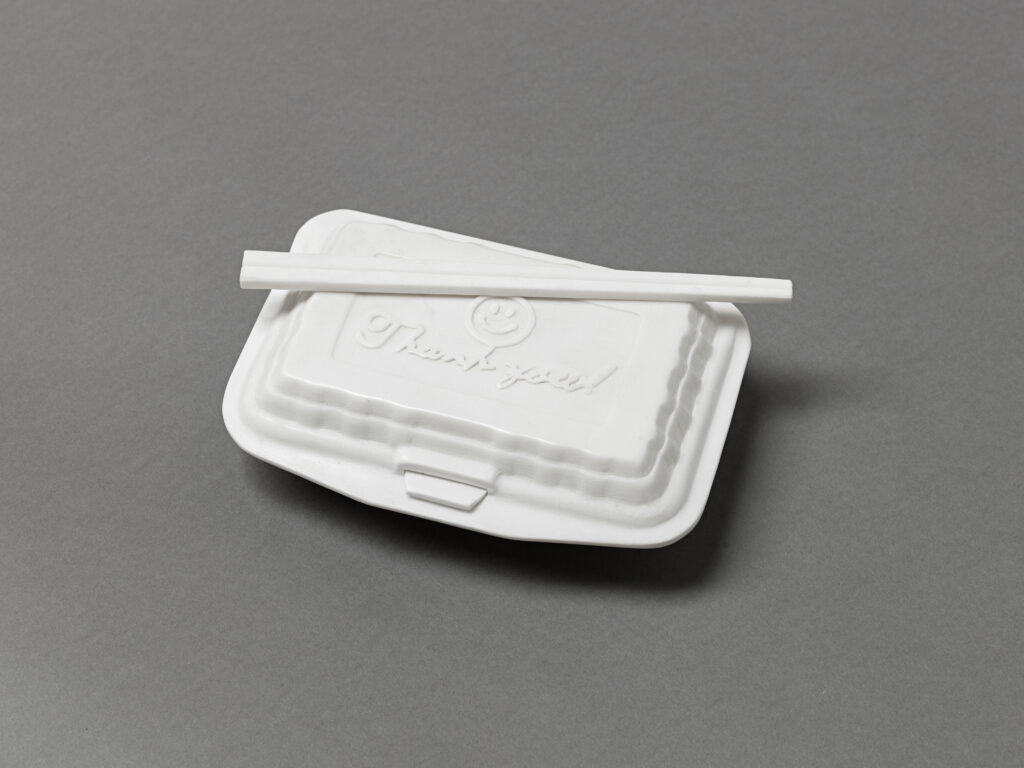
Kettle’s Yard is pleased to announce a new solo exhibition by internationally renowned Chinese artist Ai Weiwei (b. 1957, Beijing) in which new and existing work will be shown alongside historic Chinese objects. The exhibition will explore notions of truth, authenticity and value, as well as globalisation, the coronavirus pandemic and the current geopolitical crisis. Ai Weiwei will reflect upon the liberty in the West, in contrast to China and other authoritarian regimes, to question truth and authority, express doubt and seek transparency in political matters. However, in relation to art appreciation, the Chinese have a long tradition of a more fluid and less fixed view in relation to authenticity than is the case in the West, often valuing the act of copying.
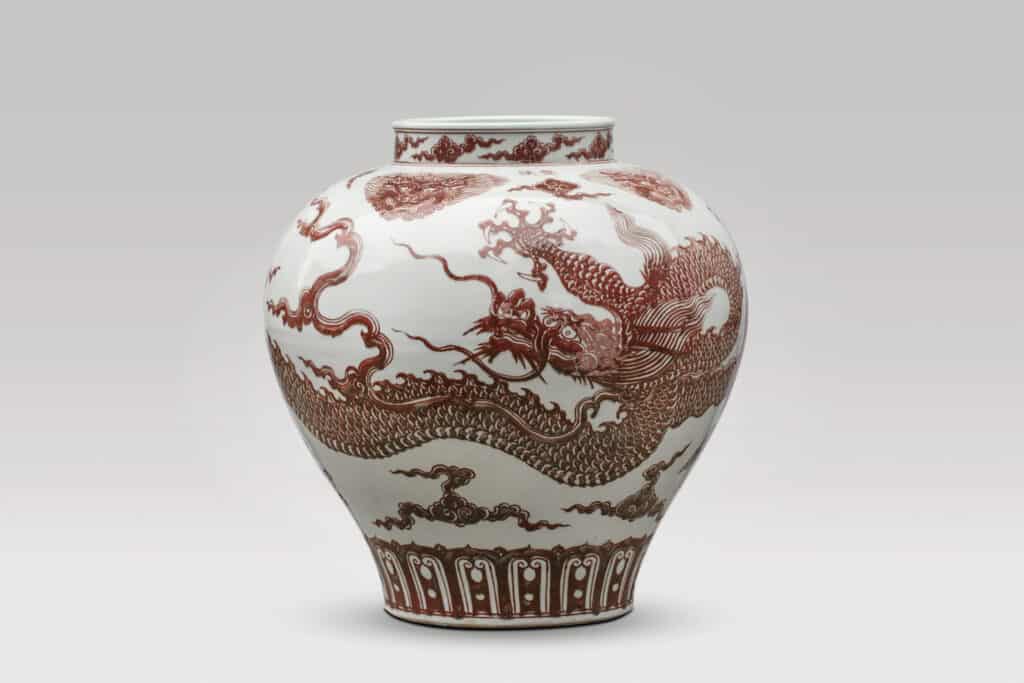
The exhibition in the galleries is a single installation with 13 artworks by Ai Weiwei exhibited alongside 14 antiquities which the artist bought at an auction in Cambridge in 2020. This will be the first time the artist has juxtaposed historic Chinese objects with his own works. Some of the auction pieces acquired by the artist are thought to date from the Northern Wei (386 – 534 CE) and Tang (618 – 907 CE) dynasties, while others have been identified as counterfeits, later copies of original works. A number of recent films made by the artist will also be screened on each day of the
exhibition’s run – Coronation (2020), Cockroach (2020) and Human Flow (2017) – while two Fairytale Chairs (2007) will be placed in the Kettle’s Yard House for visitors to use.
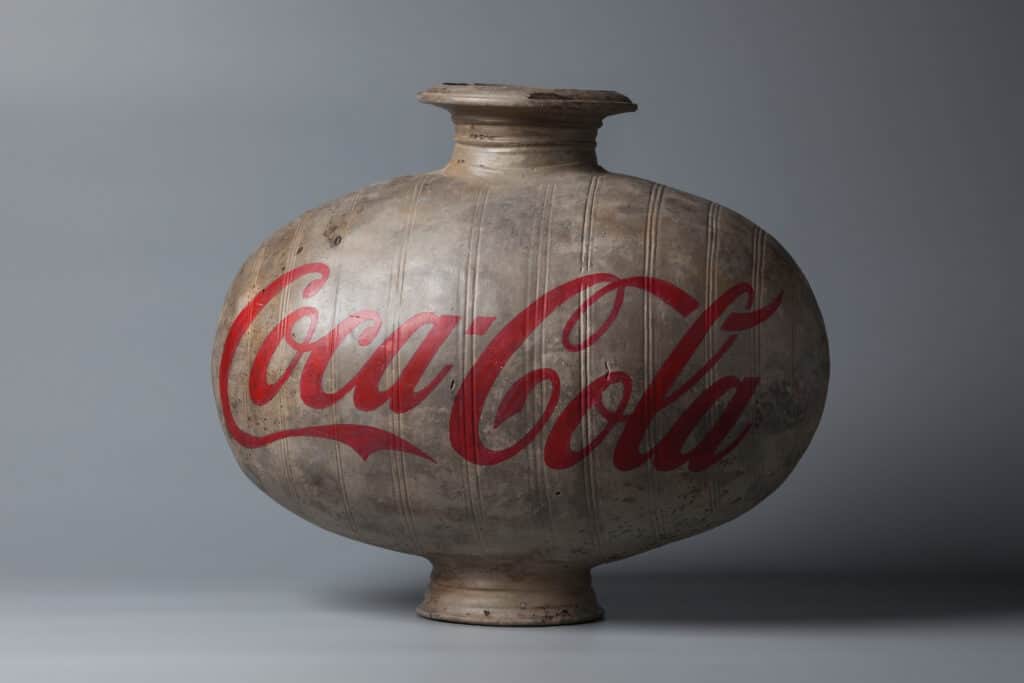
In his earlier works on display, Ai reflects upon the interplay between the modern and the traditional as in Han Dynasty Urn with Coca Cola Logo (2014), which will be juxtaposed with a similar vessel from the Han Dynasty (Chinese painted Han Dynasty pottery graduated ‘cocoon’ vase). Similarly, the base for Surveillance Camera with Plinth (2014) is an exact replica of the lamp posts to be found from the Northern Qi Dynasty, around 560CE (shown in the exhibition will
be A Chinese black limestone pedestal oil-lamp). The exhibition will also include one of the artist’s most renowned works, Dropping a Han Dynasty Urn (2015), made in a favourite medium: LEGO bricks.
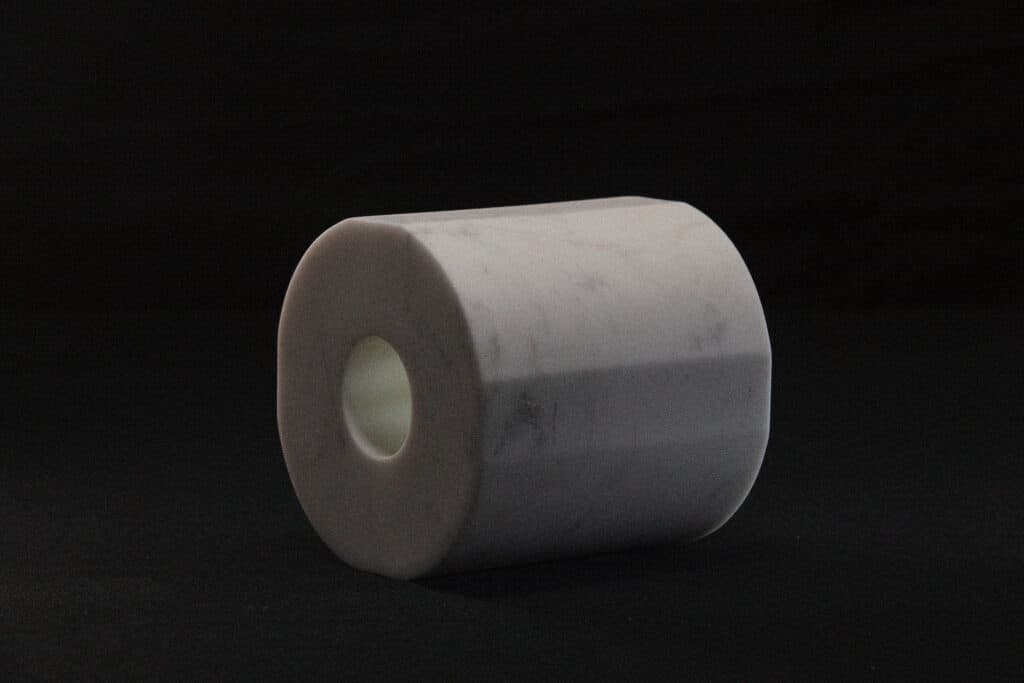
Ai’s more recent works allude to globalisation and the ongoing pandemic, such as Marble Takeout Box (2015) and Marble Toilet Paper (2020). Marble Helmet (2015) recreates a worker’s hat, which is the kind of hat used by the rescue team of the 2008 Sichuan Earthquake. They also reflect the worship of contemporary objects with iPhone Cutout (2015), for example, juxtaposed with Buddhist statues which would have been revered in the past.
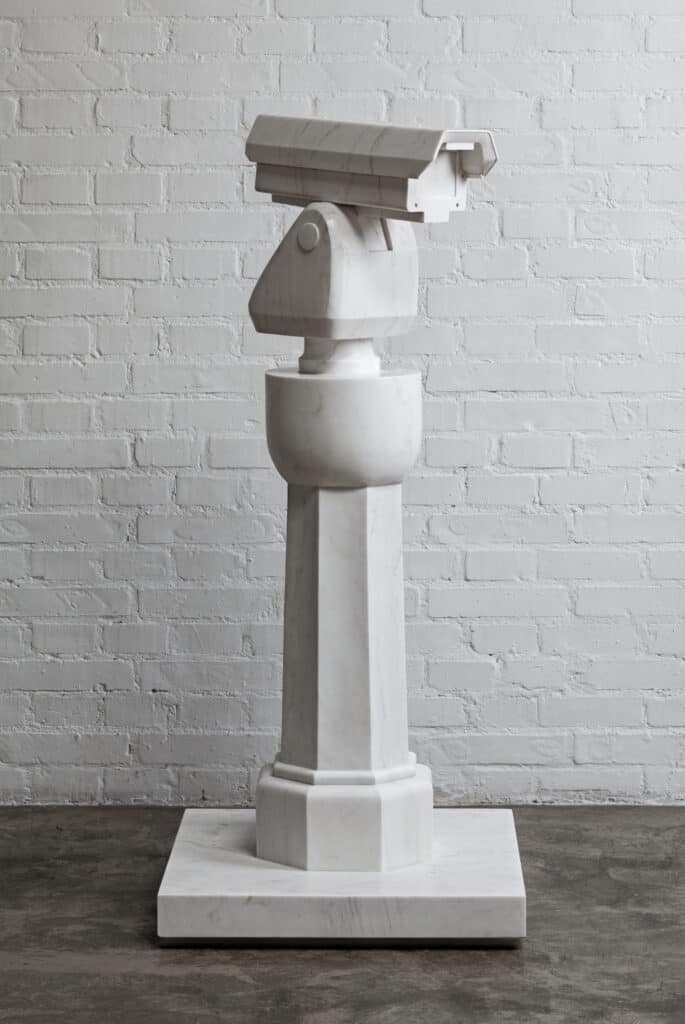
By displaying works from different periods together and those whose full identity has not yet been researched or established, Ai draws attention to the ways in which we attribute meaning and value to objects. The exhibition will question the role played by museums as historical and cultural gatekeepers – celebrating certain objects and not others – as well as exploring differing concepts of truth and authenticity in China and the Western world. Ai sees the West as obsessed with notions of truth and artistic authenticity, whereas truth in Chinese philosophy is allied to nature and therefore constantly in flux. Though this attitude attributes value to the defective and the imperfect, the exhibition will also celebrate the craftsmanship displayed in all the works and objects: ancient, forged and those commissioned by Ai from some of the most skilled crafts people in China.

Ai Weiwei writes:
In China, everything, including the human condition and aesthetic judgements, is considered a part of nature. The concept of ‘truth’ is also part of nature and hence not an absolute. That’s why reinterpretation, re-rendering and
recreation of artworks through personal reflections are valued more in the common perception than artworks
which are deemed absolutely ‘true’ or ‘real’. This nuanced and blurred understanding of ‘truth’ is not only
a Chinese state of mind with respect to philosophical approaches including modern aesthetics and ethics, but
what distinguishes China from the West in the matter of politics and social considerations.
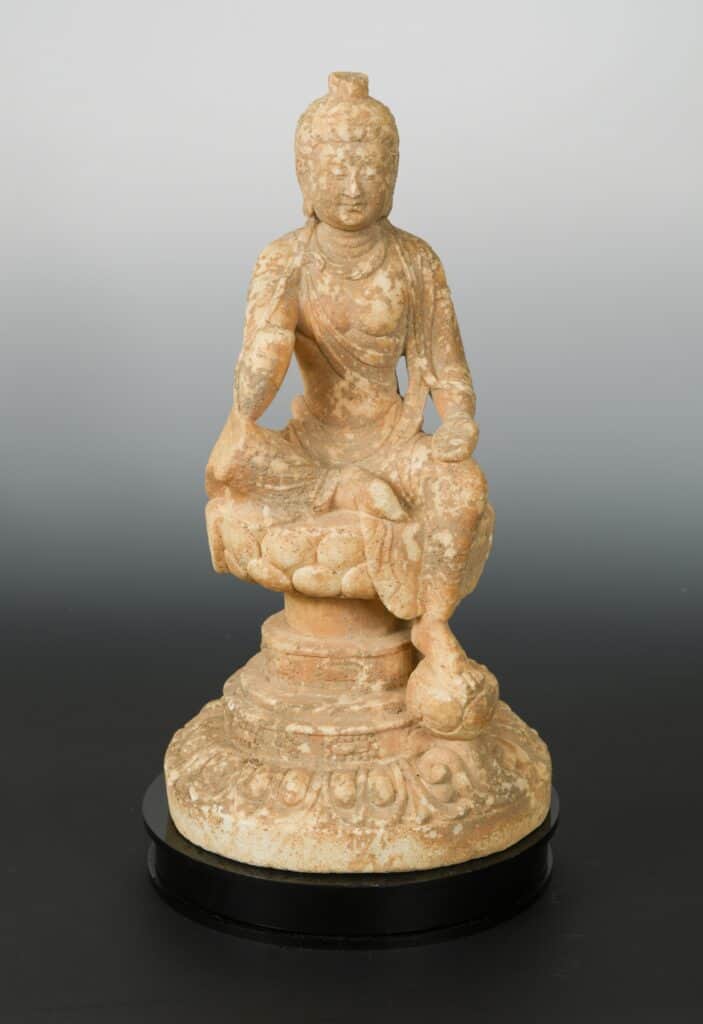
Ai Weiwei: The Liberty of Doubt 12th February – 19th June 2022 kettlesyard.co.uk
Accompanying the exhibition will be a new Kettle’s Yard publication, fully illustrated with essays by John Tancock and James Lally and an interview with the artist. Publication date: March 2022. A new print, created by Ai Weiwei and his son Ai Lao, will be available for purchase from the Kettle’s Yard Shop. The print will be a limited edition of 300, signed and numbered by the artist and will cost £400 unframed.
